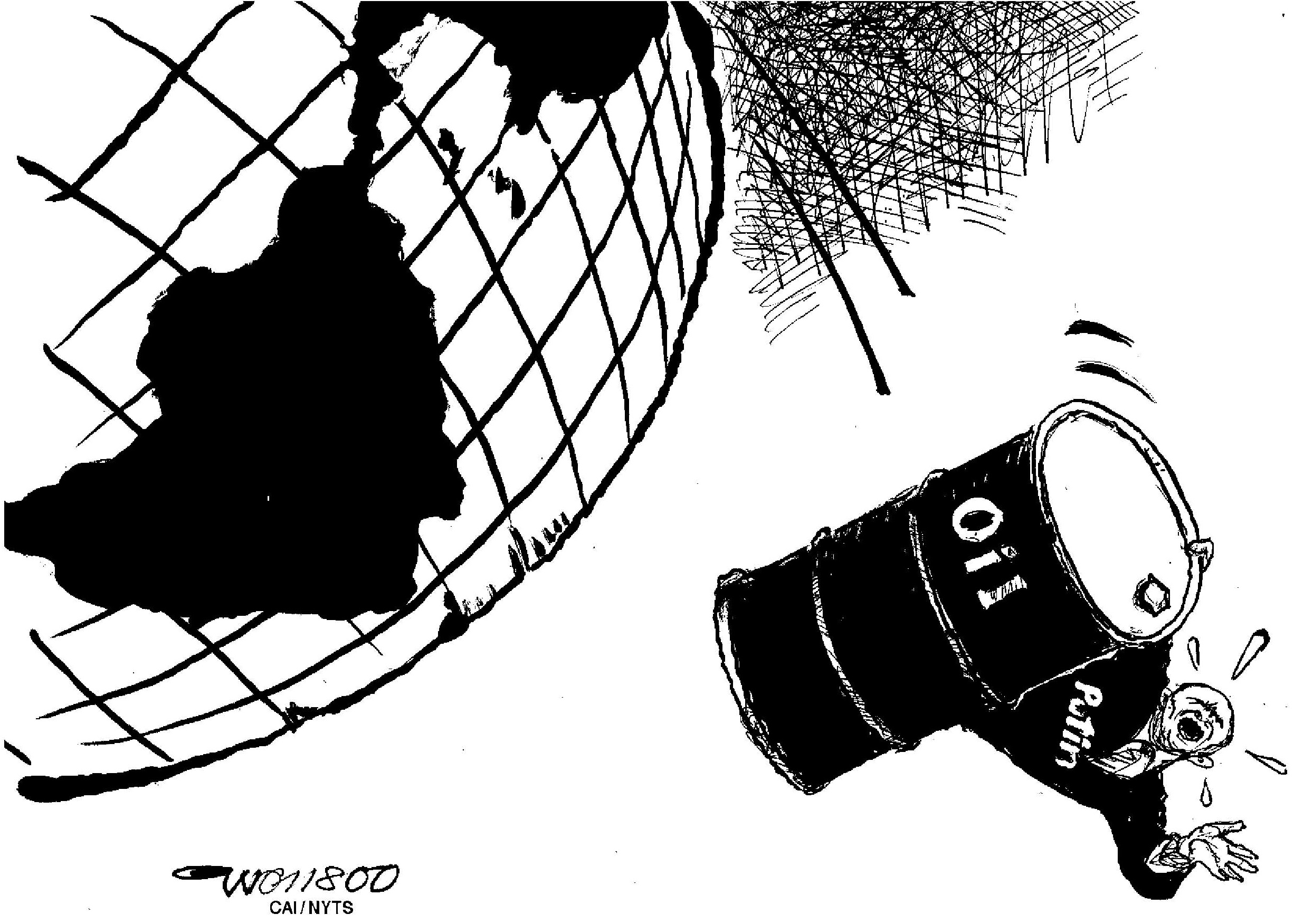Squeezed by low oil prices and Western sanctions, Russia's fiscal position is crumbling fast, forcing the government to take increasingly drastic measures to contain the budget deficit's growth. Government spending has already been cut 8 percent in real terms this year, relative to 2015 — large, but not nearly enough to balance the budget. Indeed, if the oil price remains in the current range of $30 to $35 per barrel (this year's budget assumes an average of $50), Russia's deficit will be around 6 percent of GDP. With a rainy day "reserve fund" of only 4.5 percent of GDP and scant access to international financial markets, Russia urgently needs a fiscal Plan B.
The good news is that Russia's government now seems to recognize this. In January, the authorities announced additional cuts amounting to about 1 percent of GDP. More important, the government will try to raise another 1.5 percent of GDP — 1 trillion rubles ($13 billion) — by privatizing state-owned firms, including "crown jewels" such as Rosneft (Russia's largest oil company), the diamond monopoly Alrosa and the flagship airline Aeroflot.
To be sure, President Vladimir Putin has outlined some important constraints on these potential sales: The government will not sell majority stakes; the deals cannot be financed by loans from state-owned banks; and the buyers cannot be registered outside of Russia's jurisdiction. Nonetheless, this privatization plan could be an important step toward reining in excessive state ownership in Russia, where the government controls the commanding heights of the economy in energy, mining, manufacturing, electricity generation, financial services and transportation.



















With your current subscription plan you can comment on stories. However, before writing your first comment, please create a display name in the Profile section of your subscriber account page.